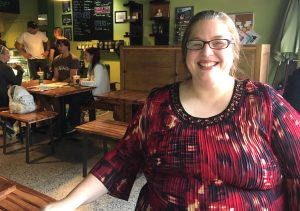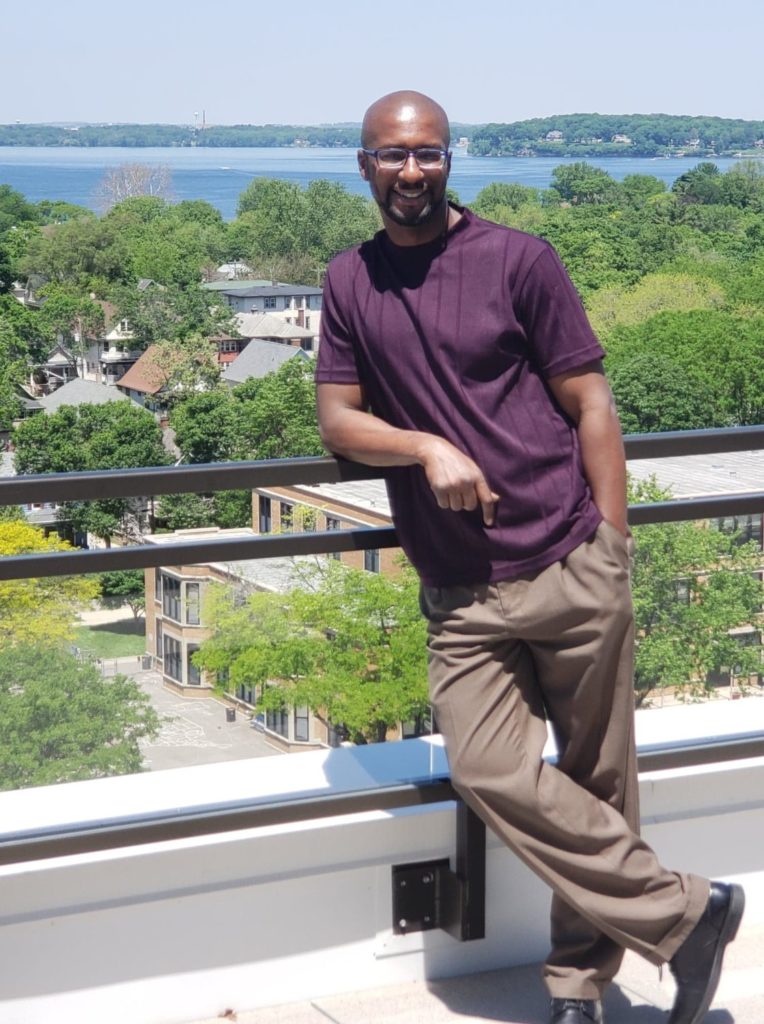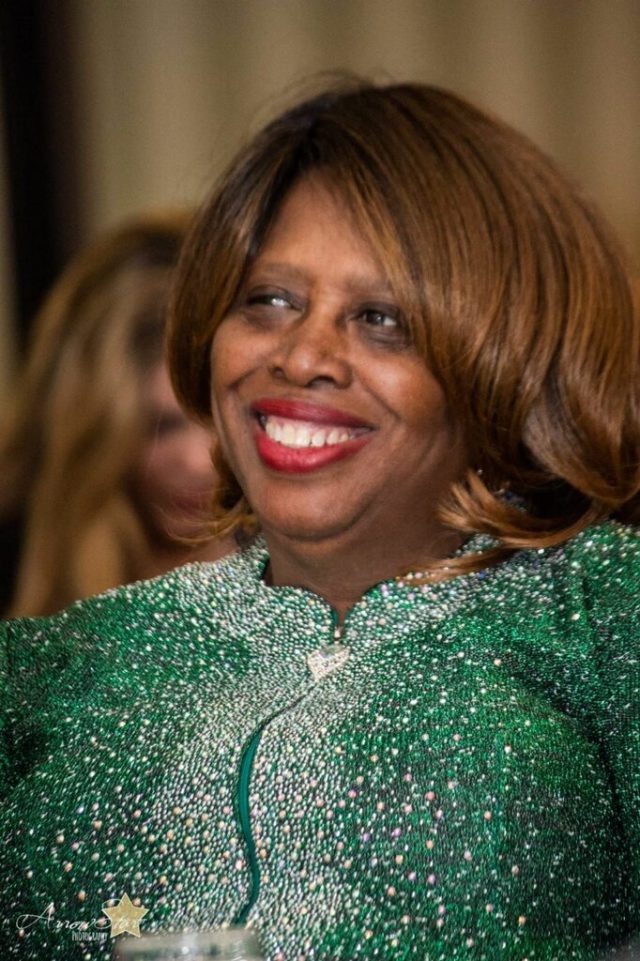“One really interesting things about health care in jails and prisons is that there’s very limited access to resources. So a nurse or doctor that practices in a correctional setting essentially has to be a generalist. They can’t refer their patients to a specialist. They can’t order certain tests that they might order when they’re working in the community that might be easy to access,” says Dr. Karen Reece, director of research and program evaluation at Nehemiah Community Development Corporation. “Essentially, they have to understand the whole person and be able to work within a limited set of resources.”
There are many different challenges that people who are incarcerated face when it comes to health care. Due to their situation, they may often have unique and often complex health care needs. There are also security issues. “When you’re working in that setting there’s no such thing as a completely private setting,” Reece says. “There always needs to be some kind of correctional officer present. That creates a really different dynamic, too.”
Two ‘Equity in Correctional Healthcare’ events – one tonight and one tomorrow – will feature panels of experts who will talk about careers within correctional health settings and their experiences.
“This event is part of a grant that I got from the Wisconsin Partnership Program that is focused on increasing access to health care and increasing people who are working in health-related fields – specifically in correctional settings, jails or prisons,” Reece tells Madison365. “As part of that, I started a course at UW that’s for med students, nursing students and pharmacy students that specifically introduces them to the concept of incarceration and giving them the idea of what it might be like to work in those settings.”

The course at the University of Wisconsin School of Medicine and Public Health runs every spring at the UW. “In the fall, we’re trying to run events like ‘Equity in Correctional Healthcare’ where we bring professionals from around the country who have a lot of experience in this area to talk to people,” Reece says.
There will be two “Equity in Correctional Healthcare” events – the first will be tonight in South Madison from 6-8 p.m. at The Atrium of Villager Mall, 2300 S. Park St. The second will be Thursday, noon, on the UW-Madison campus at the auditorium of Signe Skott Cooper Hall, 701 Highland Ave.
“Tonight’s event will be community facing so that will be focused on more general talk about what health care is like in a correctional setting,” Reece says. “What are the differences when people need care there versus the regular community?”
Thursday’s ‘Equity in Correctional Healthcare’ event, which will be held in partnership with the UW School of Nursing, will be moderated by Mary Muse, Chief Nursing Officer for the Wisconsin Department of Corrections.
“Thursday’s event is part of the [UW’s Fall 2019 Equity and Diversity] Lunch and Learn Series for the health sciences and that will focus more specifically on careers as students,” Reese says.
At both events, there will be a brief presentation by the panelists to give people an overview of the work that they do and to talk about their experience. Those panelists will include Muse, Rebecca Luethy, director of business Operations MHM Services, Inc. and Deborah Shelton, director of Center for Correctional Health Networks.
Frank Davis, a community organizer for MOSES, a non-partisan interfaith organization that works to promote social justice with a focus on ending mass incarceration, will be part of the panel on Wednesday and Martin Lackey, a community advocate will be on the panel on Thursday.

“I always make sure that when we talk about these issues that we include people who have experienced incarceration to make sure that we are getting the full picture,” Reece says.
The Equity in Correctional Healthcare events will also have some moderated questions followed by some Q&A with the audience. Both events will be a great opportunity for people who have been incarcerated or currently have loved ones who are incarcerated to gather information and ask questions about a subject that is not talked about a lot. Reece says the events are for everybody.
“This is something that most of us don’t learn anything about … unless you have a loved one who is incarcerated or you work in this field, you wouldn’t have any way of learning about how this works,” Reece says. “The reality is that we’re spending more and more money each year on corrections and health care costs is one of the lead, driving factors of that cost. It’s important for people to know how their tax dollars are being spent.”
For more information about either ‘Equity in Correctional Healthcare’ events, contact Karen at [email protected] or 608-257-2453 x234




























